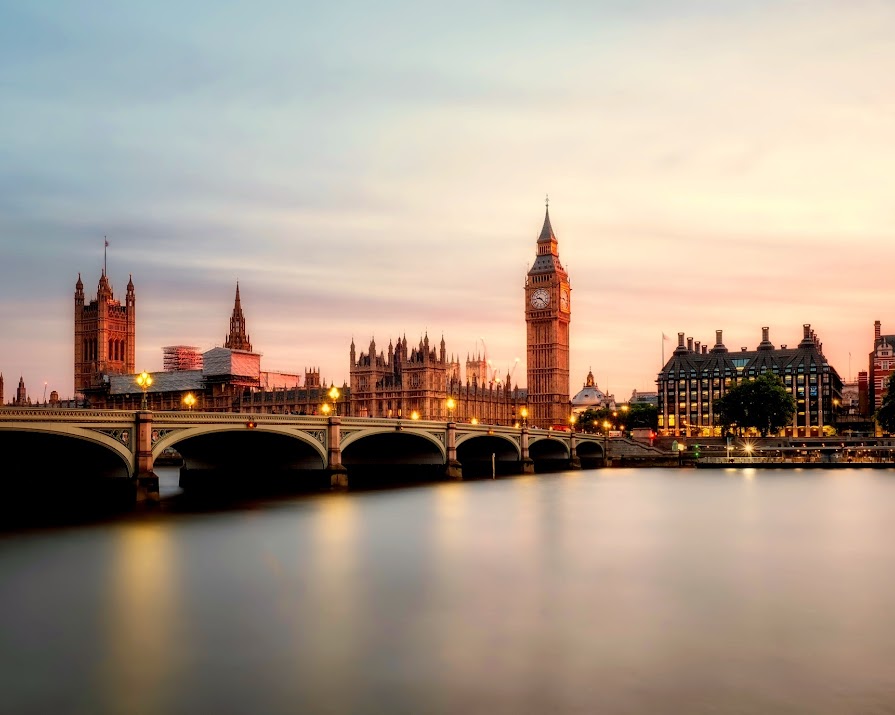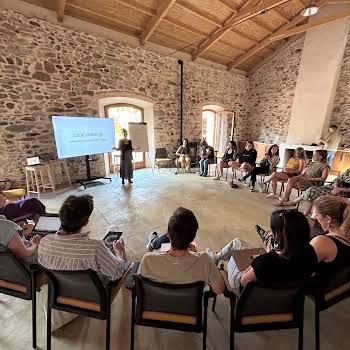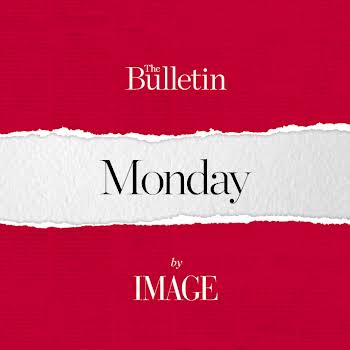
By Jennifer McShane
29th Oct 2019
29th Oct 2019
Brexit isn’t happening on October 31st despite threats from Boris Johnson to the contrary. An extension has been agreed – but so has a General Election for the UK in December. Here’s what it all means.
First, it means no Brexit on October 31st
Yes, despite all the “do or die” talk from the British Prime Minister. The UK government applied for an extension and it was granted. The process was completed on Tuesday, the EU confirmed. So the new deadline is January 31st, 2020. For Ireland, the key immediate point is that the threat of a no-deal crash-out at the end of October has been avoided.
In a post on Twitter, European Council President Donald Tusk, who is due to be succeeded in the role in the coming days, said: “To my British friends, the EU27 has formally adopted the extension. It may be the last one. Please make the best use of this time. I also want to say goodbye to you as my mission here is coming to an end. I will keep my fingers crossed for you.”
The EU27 has agreed that it will accept the UK’s request for a #Brexit flextension until 31 January 2020. The decision is expected to be formalised through a written procedure.
— Donald Tusk (@eucopresident) October 28, 2019
The threat of No Deal isn’t entirely gone though…
If the UK does not pass the withdrawal agreement by the end of January, then the threat would rear its head again. Much will depend on the forthcoming UK election, announced on Tuesday evening. This will now happen on December 12th. With the election, if an agreement isn’t through the Commons by the end of January, the EU’s reaction is uncertain; it seems unlikely they will grant any more extensions though, at this point, no party wants to crash out of the EU without a deal of some sort in place.
What about this general election?
MPs in the House of Commons voted for an election by 438 votes to 20. Boris Johnson is seeking to regain the Conservative majority in the Commons that was lost after an election called by his predecessor Theresa May in 2017, and after his last-ditch deal was defeated by MPs. Legislation passed by the opposition (along with rebel Tories) forced Johnson to seek an extension in lieu of a deal passing through parliament. Johnson said an election was needed because delaying Brexit is “seriously damaging to the national interest”, while a fresh parliament would have a “new mandate to deliver on the will of the people and get Brexit done.”
So, Brexit is happening on January 31st 2020?
If Johnson wins the election and gets the withdrawal agreement voted through parliament quickly, Brexit could happen slightly earlier, though not by much. Under the agreement reached with the EU, the UK could leave on January 1st, 2020, but Johnson has agreed not to put a vote through parliament again until the general election is done. If the UK leaves with a deal, the UK would enter a transition period during which not much would change in practical terms, at least until the end of 2020.
As for whether the Brexit withdrawal agreement itself will change, that remains to be seen. Should Johnson win, he may stick to his original deal but should Jeremy Corbyn win, it seems he would certainly want to reopen parts of the deal for a more favoursome relationship with both the EU and Ireland.
It all remains to be seen. As ever, the question regarding Brexit is who knows?
Main photograph: Pexels























